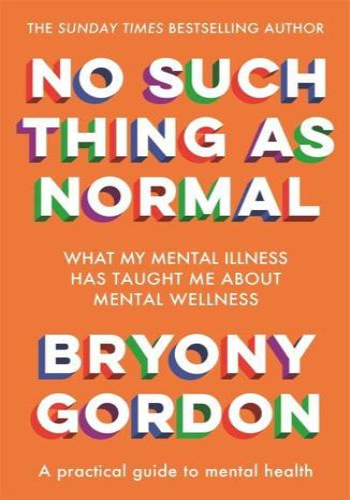
Chapter 1: Understanding ADHD
* Summary: Explains ADHD symptoms, causes, and treatment options.
* Example: Max, a husband with ADHD, experiences distractibility, impulsivity, and forgetfulness.
Chapter 2: The ADHD Effect on Relationships
* Summary: Discusses how ADHD can impact communication, emotional regulation, and sexual intimacy.
* Example: Max's impulsivity leads to frequent interruptions during conversations, frustrating his wife.
Chapter 3: The Impact on the Partner
* Summary: Explores the challenges faced by partners of individuals with ADHD, such as feeling overwhelmed, resentful, or alone.
* Example: Max's wife, Jill, feels exhausted and unappreciated due to his lack of follow-through and attention.
Chapter 4: Communication and Problem-Solving
* Summary: Provides strategies for effective communication and problem-solving in ADHD relationships.
* Example: Max and Jill use "I" statements and active listening techniques to improve their communication.
Chapter 5: Managing Impulsivity and Hyperactivity
* Summary: Offers tools and techniques to control impulsivity, hyperactivity, and restlessness in adults with ADHD.
* Example: Max uses mindfulness exercises and a weighted blanket to reduce restlessness.
Chapter 6: Dealing with Inattention and Forgetfulness
* Summary: Provides strategies for improving attention and memory in adults with ADHD.
* Example: Max uses to-do lists, reminders, and sticky notes to stay organized.
Chapter 7: Medication and Other Treatments
* Summary: Discusses the benefits and potential side effects of ADHD medications.
* Example: Max takes a stimulant medication that helps improve his attention and focus.
Chapter 8: Building a Supportive Network
* Summary: Emphasizes the importance of finding support from family, friends, or support groups.
* Example: Max attends an ADHD support group where he connects with others who understand his challenges.
Chapter 9: The Journey to Recovery
* Summary: Outlines the steps for improving relationships and well-being in ADHD marriages.
* Example: Max and Jill work together to create a structured environment, set realistic expectations, and prioritize their relationship.